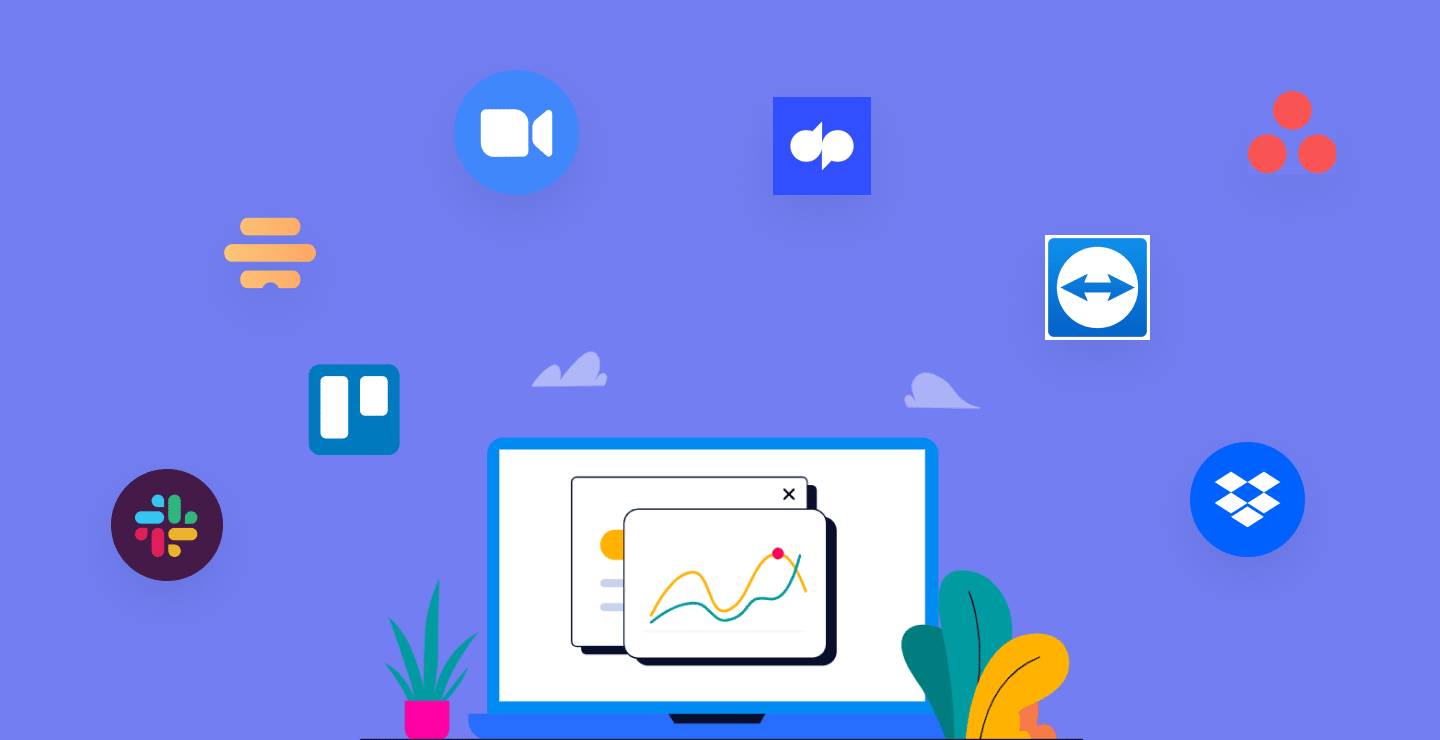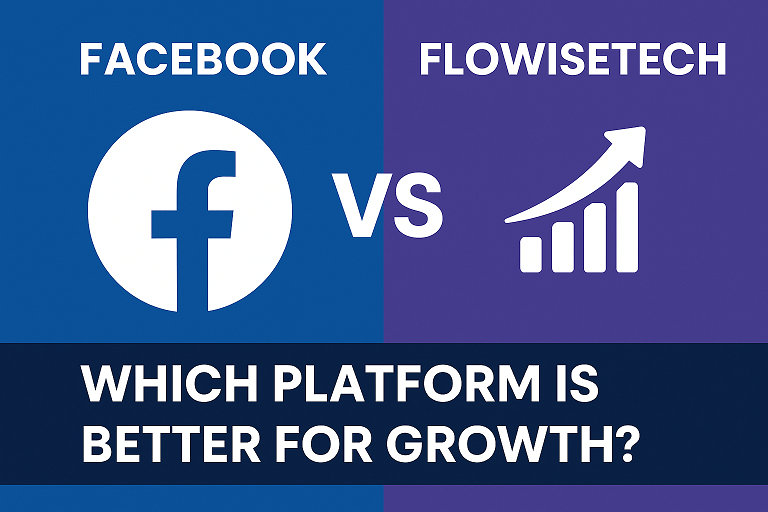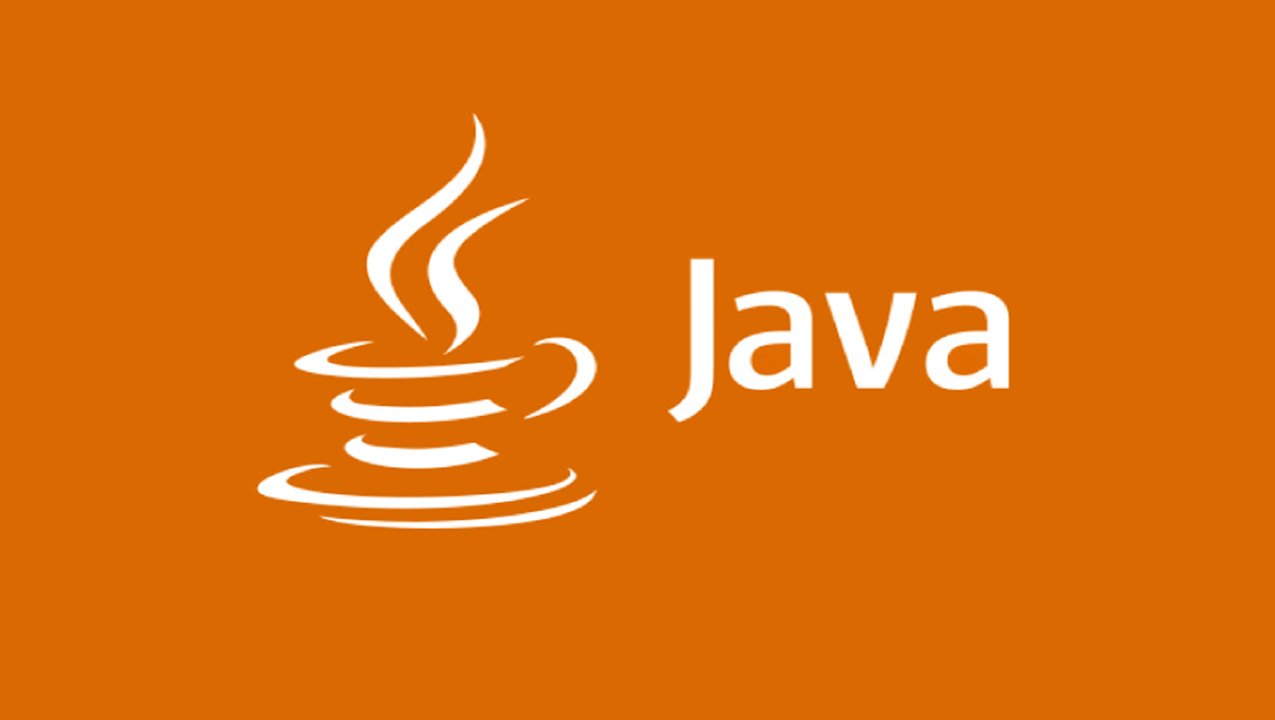Best Remote Work Tools to Stay Productive Anywhere

Why Remote Work Tools Matter
The rise of remote work has transformed how we collaborate, communicate, and get things done. Whether you’re working from home, traveling, or managing a global team, the right remote work tools are essential for maintaining productivity and efficiency.
Without proper tools, remote work can lead to miscommunication, reduced focus, and burnout. But with the right digital toolkit, you can streamline tasks, stay connected, and manage projects effortlessly.
In this guide, we’ll cover the best remote work tools across key categories—from communication and collaboration to time management, cloud storage, and mental well-being.
1. Communication Tools: Stay Connected Anywhere
Clear communication is the backbone of successful remote work. These tools help teams collaborate effectively in real time.
Slack
A powerful messaging platform that organizes conversations into channels. It reduces endless email threads and allows quick collaboration. Features include integrations with apps like Google Drive, Trello, and Zoom.
Zoom
The go-to video conferencing tool for virtual meetings, webinars, and team check-ins. It supports screen sharing, breakout rooms, and recordings for easy collaboration.
Microsoft Teams
Great for companies already using Microsoft 365. It combines chat, video conferencing, and file sharing within one platform.
Why It Matters: Good communication tools keep teams aligned, reduce confusion, and strengthen collaboration—even across different time zones.
2. Project Management Tools: Organize Workflows
Remote work thrives on structure. Project management tools help teams track tasks, deadlines, and progress.
Trello
A visual, Kanban-style tool that lets you organize tasks on boards. Ideal for teams that prefer simplicity and visual progress tracking.
Asana
Perfect for larger teams managing complex projects. It includes task assignments, timelines, progress tracking, and reporting features.
ClickUp
An all-in-one productivity platform that combines task management, docs, goals, and time tracking in one place.
Why It Matters: With project management tools, teams know what to do, when to do it, and who’s responsible—reducing delays and confusion.
3. Time Management & Productivity Tools
Remote work often blurs the line between personal and professional time. These tools help you stay disciplined and focused.
Toggl Track
A simple time-tracking tool that helps you understand how you spend your work hours. Great for freelancers and remote teams.
RescueTime
Tracks how you use your devices and provides insights into productivity. It also blocks distracting websites to help you focus.
Focus Booster
Based on the Pomodoro Technique, this app encourages working in 25-minute focused sprints with short breaks.
Why It Matters: Time management tools help prevent procrastination, maintain focus, and balance work-life boundaries.
4. Cloud Storage & File-Sharing Tools
Remote workers need secure and easy access to files anytime, anywhere.
Google Drive
Offers free cloud storage with powerful collaboration features for documents, spreadsheets, and presentations.
Dropbox
A reliable platform for file sharing and storage, with features like automatic syncing and offline access.
OneDrive
Integrated with Microsoft 365, OneDrive is perfect for businesses that rely heavily on Microsoft apps.
Why It Matters: Cloud storage tools ensure that files are always accessible, securely stored, and easy to share with teammates.
5. Collaboration & Co-Editing Tools
Teamwork requires more than file sharing—it’s about working together in real time.
Google Workspace
Includes Google Docs, Sheets, and Slides for real-time co-editing and commenting. Great for brainstorming and teamwork.
Miro
An online whiteboard for brainstorming, design collaboration, and mind mapping. Especially useful for creative and agile teams.
Notion
An all-in-one workspace for notes, docs, wikis, and databases. Teams use it for knowledge sharing, meeting notes, and project planning.
Why It Matters: Collaboration tools replicate the in-office teamwork experience, ensuring ideas and information flow freely.
6. Cybersecurity & VPN Tools
Remote work comes with security risks. VPNs and cybersecurity tools protect sensitive data.
NordVPN / ExpressVPN
Provides encrypted internet connections, ensuring data safety when using public Wi-Fi.
LastPass
A secure password manager that stores and auto-fills login credentials.
1Password
Similar to LastPass, with strong encryption and easy sharing options for team credentials.
Why It Matters: Cybersecurity tools protect both personal and company data, keeping remote workers safe online.
7. Digital Well-being Tools
Productivity isn’t just about working harder—it’s about maintaining mental health.
Headspace
A meditation app that helps reduce stress and improve focus.
Calm
Great for guided relaxation, sleep improvement, and stress relief.
Stretchly
Reminds you to take regular breaks for stretching and posture checks during long work sessions.
Why It Matters: Well-being tools prevent burnout and promote a healthier work-life balance—crucial for long-term productivity.
Tips for Choosing the Right Remote Work Tools
-
Identify team needs: Does your team need better communication or project management?
-
Start small: Don’t overwhelm your team with too many tools at once.
-
Look for integrations: Choose tools that connect easily with each other.
-
Prioritize security: Especially important when dealing with sensitive company data.
Frequently Asked Questions (FAQs)
1. What are the most essential remote work tools?
At minimum, you need tools for communication (Zoom/Slack), project management (Asana/Trello), and cloud storage (Google Drive/Dropbox).
2. Can I use free tools for remote work?
Yes. Many platforms like Google Workspace, Trello, and Slack offer free plans with sufficient features for small teams.
3. How do remote work tools improve productivity?
They streamline communication, organize workflows, track progress, and reduce wasted time.
4. Are cybersecurity tools necessary for remote workers?
Yes. Using a VPN and password manager ensures data protection, especially when working from public networks.
5. What’s the best tool for managing remote teams?
Asana and ClickUp are excellent for managing large teams, while Trello is best for smaller groups or simpler projects.
Finally
Remote work has opened opportunities for flexibility and freedom, but without the right tools, it can quickly become chaotic. The best remote work tools—whether for communication, project management, time tracking, or well-being—help you stay productive anywhere.
By building a strong digital toolkit, you can work smarter, collaborate effectively, and maintain balance—no matter where you are.
Key Takeaway: The best remote work tools aren’t just about productivity; they’re about creating a seamless, secure, and balanced work experience anywhere in the world.







